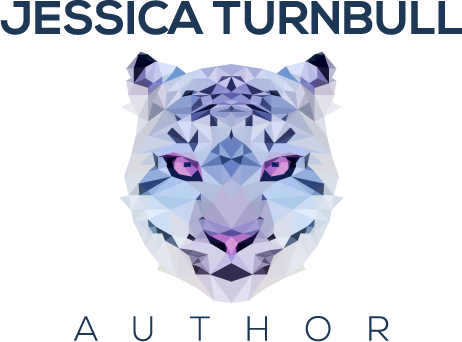Hi all,
Last week I ran a poll on Twitter to see what you wanted to read next, and most people voted for a blog post on how I started Elemental Dragons. I hope you enjoy.
Although I've been writing since I was very young, as soon as my exams hit I didn't have the time to do much because of revising and homework. Unfortunately my writing went on the back burner until I had more time.
After finishing my AS Levels at seventeen, I decided to start writing again. The most I'd ever written for one project was 25,000 words, so I wasn't expecting to write a novel. I thought I would just write until I got bored of the story as I normally did. I had loads of unfinished stories on my laptop that I just couldn't bring myself to work on.
I'd written many short stories, but a novel seemed like too big a project for me.
Once I started writing however, I didn't stop.
I had a vague idea of the story, but I had no idea where it would end up. I was just making it up as I went along. Once I hit 15,000 words I realised I'd have to change my strategy.
So, I spent hours searching for the perfect character names and settings. Once I hit 45,000 words I started researching traditional publishing. I had a gut feeling that I was going to finish this story and I wanted to get it out there. I read so many blog posts on word counts, query letters, formatting and literary agents to make sure the book was publishable. I would write for an hour, and then research for an hour. I was so scared of doing something wrong that would make it so I could never be published. My anxiety was through the roof.
Three months later, I had written 89,000 words and finished the book. I never thought that I could do it.
It was untitled at the time, as I couldn't think of a fitting name for it. I left it for a month before I started editing it.
I spent ages reading editing tips and tricks to make sure I did it right. I managed to cut it down to 81,000 words.
But then exams came round again, and I couldn't focus on it anymore. A few months later I finished my exams and turned my attention back on my book once more.
I was still intent on getting it traditionally published, as I had very little knowledge on self publishing.
For two years I did nothing but edit the book again and again as I was scared of sending it out. I didn't want to get rejected.
When I hit twenty one, I decided to send it out to agents and publishing houses. I sent out eighty queries, and each one rejected me. It was a tough process, but I'm glad I went through it. There was always a niggle at the back of my mind that I should self publish, and I eventually followed that gut feeling.
I don't know where that gut feeling will take me, but I hope it was the right decision.
I want to get my story out there, and keeping all control over my work is what I want to do. I don't want to be given a cover I hate, or edits that don't fit with the characters.
I want to do this on my own, I did everything else on my own, and I want to make it my achievement. I don't want other people taking credit for all the hard work I put into Blood and Water.
That's the story of Elemental Dragons, see you next week!






